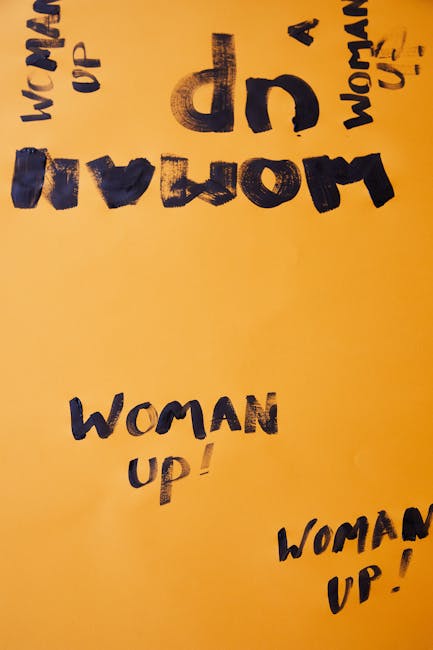The decision by the High Court of Singapore ordering blogger Leong Sze Hian to pay Prime Minister Lee Hsien Loong SG$133,000 (approx. USD$98,765) in a defamation suit over the sharing of an article on Facebook continues the country’s troubling trend of restricting online freedom of expression, the ICJ said today.
On 24 March 2021, the High Court ordered Leong to pay SG$100,000 (approx. USD$74,297) in general damages and SG$33,000 (approx. USD$24,518) in aggravated damages.
“The judgment imposes an exorbitant fine on Leong for merely sharing a link on Facebook, effectively punishing him for exercising his right to free expression online”.
“International human rights law and standards are clear that individuals must not be sanctioned with defamation actions over comments about public figures, save in very exceptional circumstances where the person did so maliciously and knowing that the information expressed was factually false.”
– Ian Seiderman, the ICJ’s Legal and Policy Director.
On 7 November 2018, Leong shared a Facebook post containing a link to an article by Malaysian website The Coverage, without any accompanying caption. The article alleged that Prime Minister Lee helped former Malaysian Prime Minister Najib Razak launder money in relation to the Malaysian state fund 1Malaysia Development Berhad.
The High Court found Leong liable for defaming the Prime Minister as he had allegedly shared the link with “reckless disregard of whether the article was true or not”, which when seen cumulatively with his refusal to apologize for the defamatory words, allowed for the requirement of malice to “be made out on the facts”.
The ICJ said that the overly burdensome standard applied by the Court based on the evidence was likely to chill people from expressing themselves on matters concerning matters of public importance and involving public officials.
“The decision follows a disturbing trend of the Singaporean government abusing defamation proceedings to curtail freedom of expression in the digital space,” said Seiderman.
The ICJ calls on Singapore’s legislators to act to amend laws currently used to impose improper restrictions on online freedom of expression, including the Protection from Online Falsehoods and Manipulation Act (POFMA), Administration of Justice (Protection) Act (AJPA) and criminal defamation provisions under its Penal Code.
Background
In a December 2019 report, Dictating the Internet: Curtailing Free Expression, Opinion and Information Online in Southeast Asia , the ICJ found that in Singapore, provisions in POFMA, AJPA and other contempt of court provisions, civil and criminal defamation laws have been abused to unduly restrict freedom of expression and information online.
In the report, the ICJ highlighted the similar case of blogger Roy Ngerng, who was ordered to pay $150,000 in damages in December 2015 for alleged defamation of Prime Minister Lee Hsien Loong for a blog post questioning the government’s management of the Central Provident Fund. In June 2015, the ICJ submitted a Legal Opinion in Ngerng’s case, expressing concern that “a decision awarding a disproportionately high amount of damages to the plaintiff… would cast a chilling effect on freedom of expression in Singapore.”

